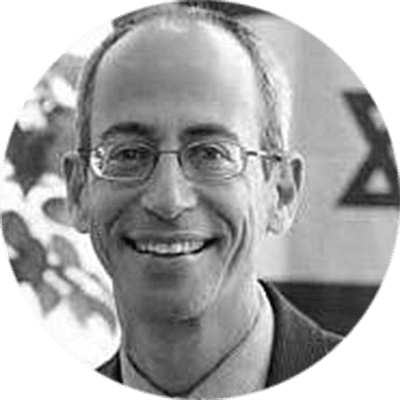All I Really Need To Know I Learned In Kindergarten
Thirty-five years ago, a short book of essays called “All I Need to Know I Learned in Kindergarten” was published by a Unitarian Universalist minister named Robert Fulghum. Fulghum argued that he learned life’s most valuable lessons in Kindergarten. These included: Share everything. Play fair. Don’t hit people. Put things back where you found them. Take a nap every afternoon. Be aware of wonder.
I don’t recall my own Kindergarten years so well, but I would say that I learned one of the most important lessons about education when I was a Head of School of an elementary school in Atlanta. Leah Summers, the school’s visionary and innovative principal, and Sylvia Miller, the school’s tireless and courageous social worker, believed that a school must devote as much attention to the social-emotional curriculum as it does to the academic curriculum. Or, to say it more provocatively, students will achieve far less in the latter if they aren’t trained in the former. Leah and Sylvia weren’t just claiming that soft skills are an important add-on to a well-rounded education. Rather, they argued that social skills and habits of mind were the keys to students’ ability to actualize their academic potential.
At first, I didn’t quite see the point. I remember soon after I arrived at the Greenfield Hebrew Academy, I didn’t understand why classes didn’t start with bell work. I had expected that students would enter the classroom and when the bell rang, they’d get down to work. Instead, five days a week, from Kindergarten to 8th grade, teachers would start the day with a morning meeting and would devote time in a deliberate, planful way to teaching social-emotional skills.
The idea was simple. If students don’t feel safe in class, if they don’t feel that they can fail or make mistakes without being ridiculed, if they don’t feel that their teachers and peers care about them, students aren’t likely to learn very much. On the other hand, in an environment where students feel a sense of belonging, where they feel their voice is valued, where they feel that everyone is looking out for the other’s well-being, they are far more likely to develop goals to achieve and possess the energy to pursue them. These habits and dispositions don’t come naturally. They need to be taught, modeled, practiced, and reinforced. That’s why from Kindergarten to the eighth grade, Leah and Sylvia created a schedule that allotted time every day to teach these skills. More than that, they ensured that the funding was available to train the staff to lead the way and embrace these habits in their own practice.
Just as time was set aside for tefilla every day for 180 days of the school year in every grade, so too was time devoted to teaching students how to listen actively and empathetically, develop self-awareness, not take themselves too seriously, and work with and learn from peers. Time was set aside to develop the mental flexibility to be open to different opinions, ask good questions, manage impulses, look at things in different ways, try new things, persevere and be resilient. You can imagine that eventually staff and students alike began to speak a common language and that social norms developed not only in supervised classrooms but in the messiness of hallways and recess.
I don’t want to paint a picture that everything was perfect. However, I can share an anecdote that captures the character of the school. I remember a delegation of teachers coming from another school to learn about our Hebrew immersion program. They observed classes not only in our early childhood department where the Hebrew immersion program began, but also sat in classes in the middle school in order to see “the final product.” Our guests learned what they set out to learn. However, before departing, they asked me what I thought was an odd question. They said “we noticed how respectful students behaved towards each other not just in class but in the lunchroom too. What’s the discipline policy to keep them in line like this?”I told them that I couldn’t point to a comprehensive discipline policy. However, I did tell them that every day that a child attends our school, we set aside time to teach, model, practice, and reinforce habits of mind and social-emotional skills. And that seems to be sufficient.
As I wrote above, I’m not sure I could say that “All I Need to Know I Learned in Kindergarten.” However, without a doubt, some of the most enduring lessons that I ever learned as an educator, I learned in elementary school. One that I led.



Hooray for these thoughts!!! Kindergarten should not be just the base of the academic pyramid; but, more importantly the base of the social and emotional pyramid. We, as Educators, have been diverted off task by parents who seem obsessed with the academics. EVERY CHILD WILL know their ABC’s , 1,2,3’s and dally prayers when they “graduate” Kindergarten; but will they feel confident? Will they feel inferior? Or superior? Will they be good listeners? Or combative? Will they have friends? Or be loners;??? Will they solve problems with their words or their hands??? and so on , forevermore!!! DO NOT ALLOW… Read more »